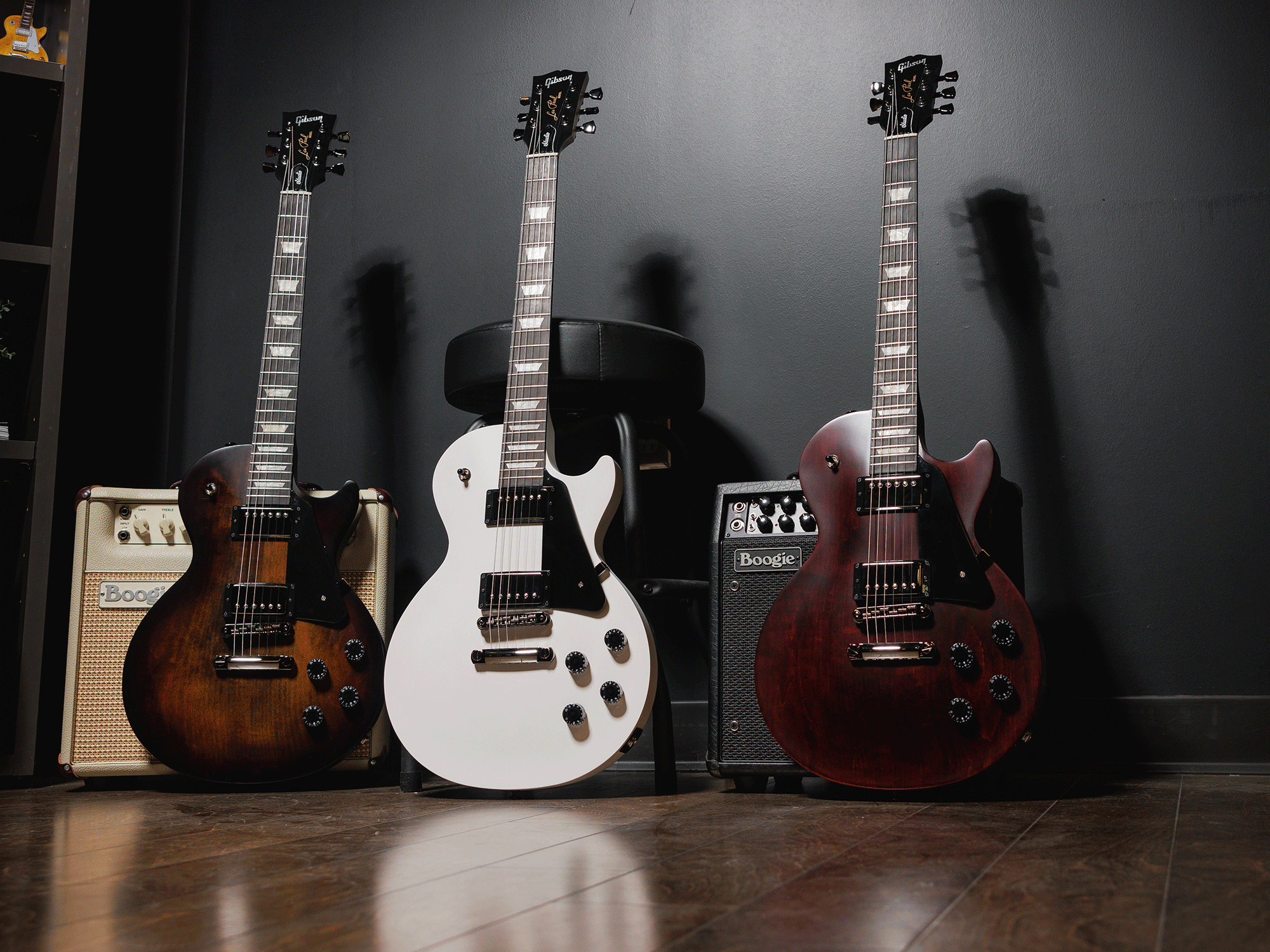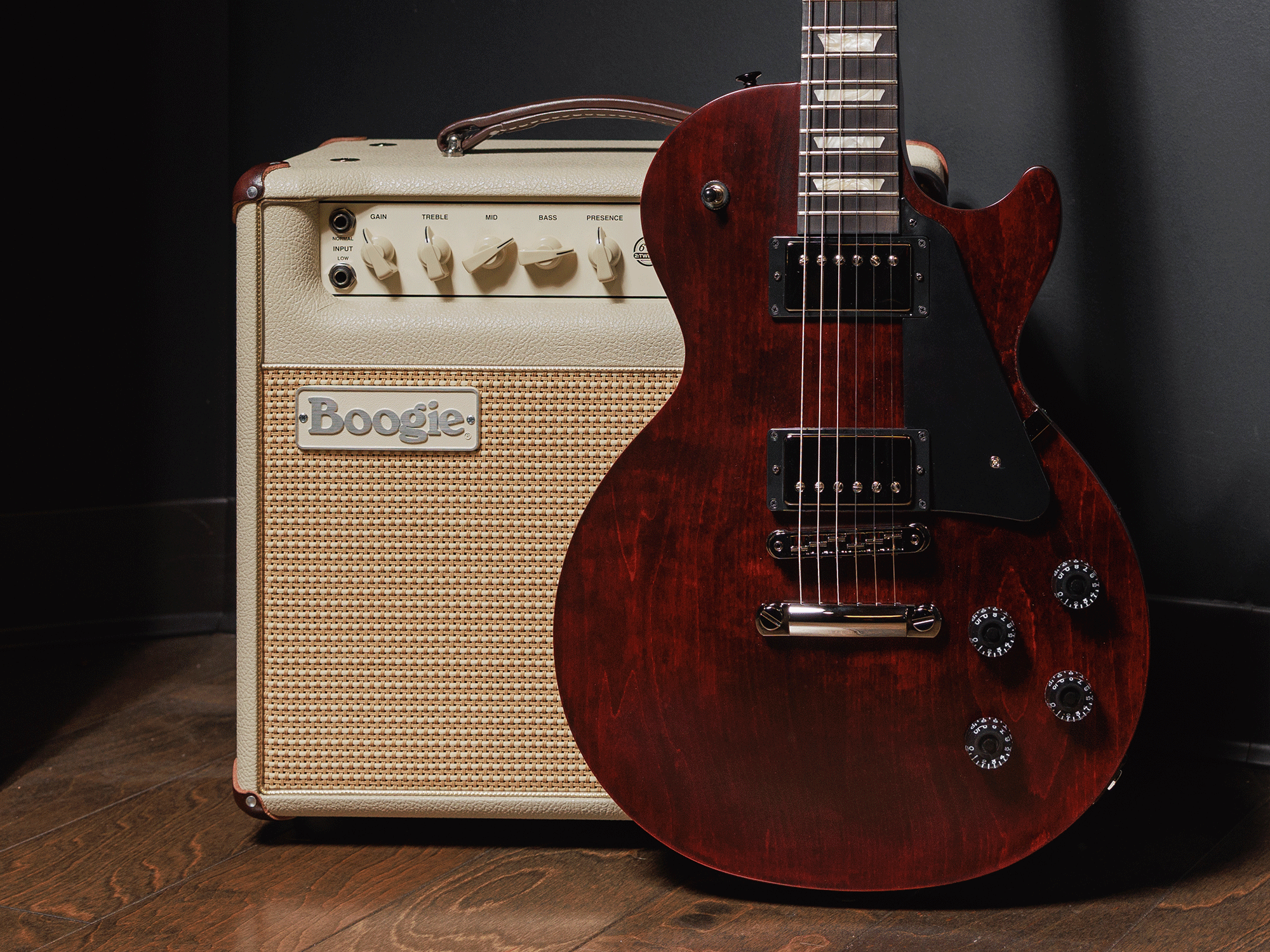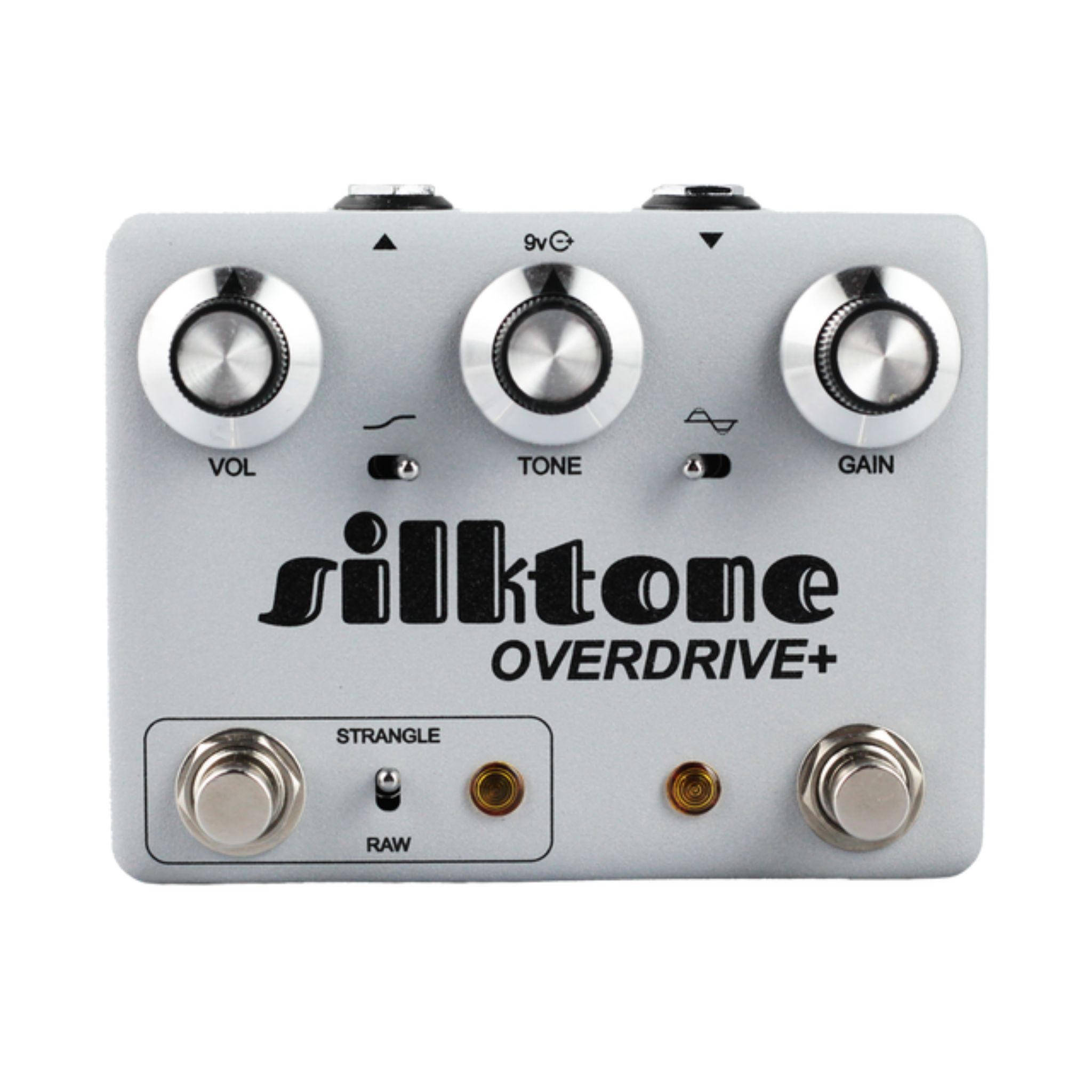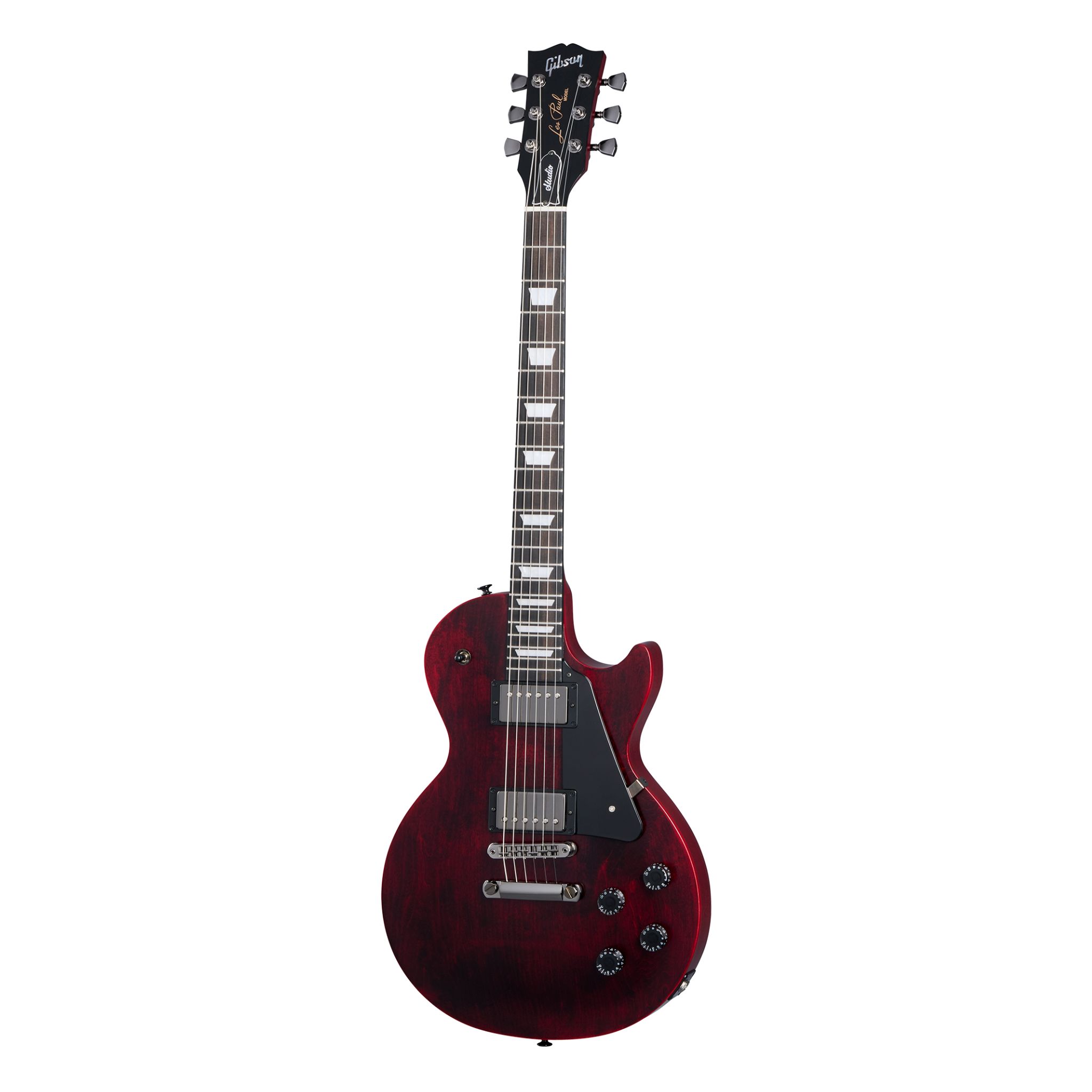Related Tags
What I�’d Buy This Week: a modern spin on a classic, and a brand-new pedal design
There’s not a whole lot of gear coming out in the post-NAMM doldrums, but what gear has launched has been pretty damn cool.

Featured in this article
OK, we’re maybe officially in the post-NAMM doldrums now. Not that much gear has been announced over the last week, but the couple of things that have are very, very exciting indeed. Let’s dive in.
Silktone Overdrive+
Silktone’s pedal line has always had a Boss-like straightforwardness when it comes to its model names. But here there’s a little spice added thanks to that plus symbol, and, well, a lot of spice added from the pedal itself. It’s a newly-designed overdrive pedal, or, if you believe Sasha Ivantic, a completely mis-labelled distortion pedal: with unity output and a good deal of crunch available at just nine-o-clock on the respective knobs, this is a pedal built to go from subtle tone-enhancement to smashing the front section of your amp apart.
Plus (ha!), there’s nothing wrong with a good creative iteration on a classic, but it’s still really cool to see a totally new circuit on the market. Silktone says that this pedal uses a combination of an op-amp running at 30 volts for ultra-high-headroom to garner clipping from JFETs and diodes – and as you can hear, the result is a very powerful pedal with lots of gain on tap.
That secondary boost function is neat, too, as it’s not just a level boost – it’s a dirty boost that adds a bit more harmonic distortion, in either cocked-wah-filter strangle mode (good for solos) or in full-range mode.
The revamped Les Paul Modern Studio

Listen. I’m just a sucker for satin-finished guitars with more visible wood-grain than your average 1970s living room. This 2024 update to the Les Paul Studio is part of Gibson’s various new ‘Modern’ revamps of its most famous guitar design, and to that end it’s used a pretty heavy touch with the forward-thinking specs. A compound fretboard radius, a very contoured heel carve and a lot of weight relief take care of the ergonomics, and the coil-tappable, phase-invertible humbuckers offer a lot of electronic versatility.
However, this is definitely in that hypothetical “money-no-object” part of What I’d Buy This Week. A $2,000 price-tag does seem to undermine much of the appeal to the modern working musician, as last time I checked Spotify is still paying out for streams in individual grains of rice. But, the extra-ergonomic design touches and the sonic flexibility will still tip the scales for some players.


